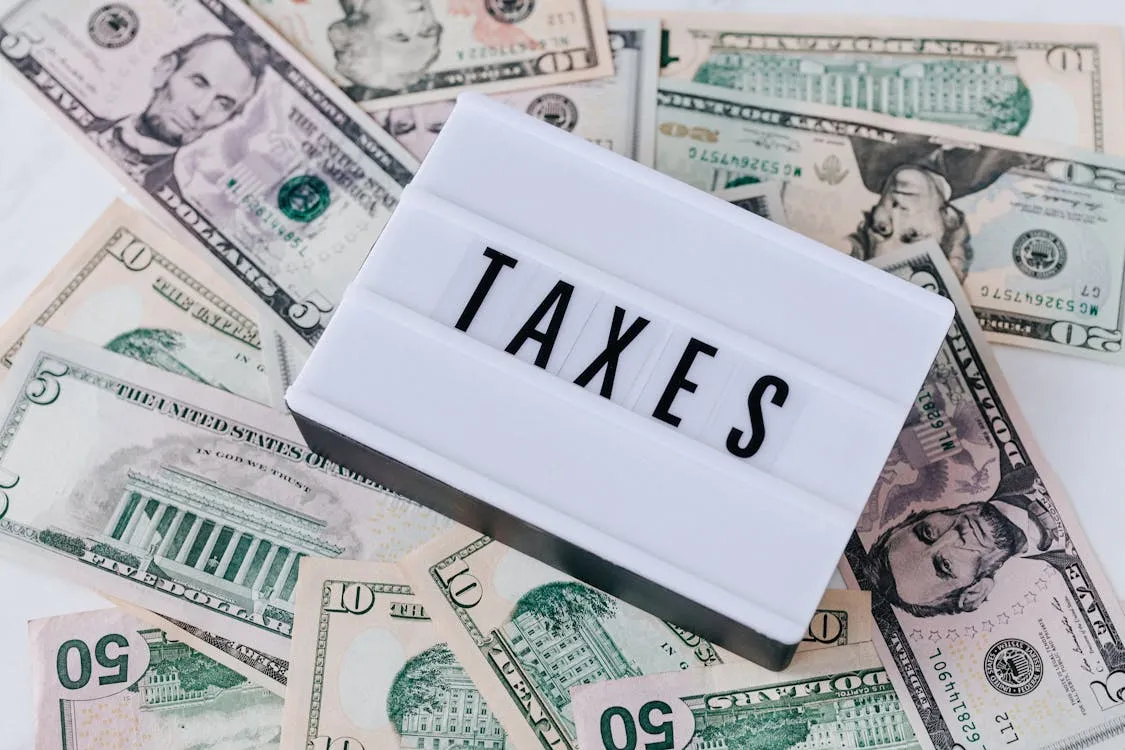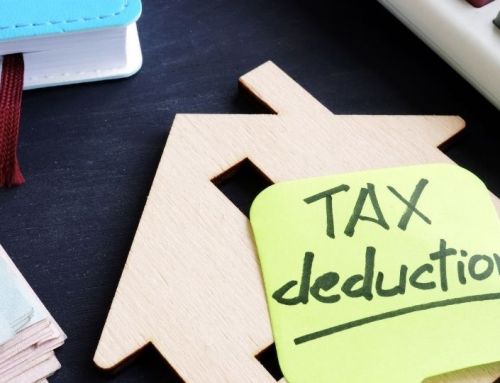Understanding the implications of capital gains tax on your investments is a crucial step in maximising your returns and safeguarding your wealth. By leveraging strategic investment planning, you can effectively minimise your tax liabilities and optimise your financial growth. In this comprehensive guide, we’ll delve into the intricacies of capital gain tax on investment, offering actionable advice to help you stay ahead.
What is Capital Gains Tax?
Capital gains tax (CGT) is a levy imposed on the profit earned when you sell an asset that has increased in value. It’s important to note that the tax is charged only on the profit, not the total sale price. In the UK, CGT applies to various assets, including property, shares, and valuable personal possessions like artwork or jewellery.
For investors, understanding the rules surrounding capital gain tax on investment is essential. Mismanaging your obligations can lead to unexpected costs, which may erode your profits.
Exemptions and Allowances
Before diving into investment strategies, it’s important to recognise the exemptions and allowances provided under UK law. These can help reduce your taxable amount significantly:
- Annual Exempt Amount: For the 2024/2025 tax year, individuals have an annual CGT allowance of £6,000, while trusts have an allowance of £3,000.
- Principal Private Residence Relief: This exemption applies to your main home, shielding its sale from CGT.
- ISAs (Individual Savings Accounts): Any gains made within ISAs are tax-free.
To make the most of these exemptions, consult professionals like The Taxcom, who specialise in tax optimisation strategies.
Strategies to Minimise Capital Gain Tax on Investment
1. Leverage Tax-Efficient Accounts
One of the simplest ways to reduce your CGT liability is by using tax-efficient accounts such as ISAs or pensions. Investments within these accounts are exempt from CGT, allowing your wealth to grow tax-free.
2. Spread Gains Across Tax Years
If your gains exceed the annual allowance, consider spreading the sale of assets over multiple tax years. By doing so, you can utilise the annual exemption more effectively.
3. Offset Losses Against Gains
Losses from other investments can be offset against gains to reduce your taxable profit. Ensure that you keep detailed records of all transactions to substantiate your claims.
4. Transfer Assets to a Spouse
Transferring assets to a spouse or civil partner can help utilise both individuals’ allowances, effectively doubling your tax-free threshold.
5. Invest in Tax-Advantaged Schemes
Government-backed schemes like the Enterprise Investment Scheme (EIS) and Seed Enterprise Investment Scheme (SEIS) offer generous tax reliefs, including exemption from CGT under specific conditions.
Partner with The Taxcom to explore these avenues and craft a personalised plan tailored to your financial goals.
Common Pitfalls to Avoid
1. Ignoring Tax Deadlines
Failing to report gains within the stipulated timeframe can result in penalties and interest charges. Make it a priority to file your tax return promptly.
2. Overlooking Allowable Expenses
Deductible costs, such as brokerage fees, legal expenses, and improvement costs for property, can reduce your taxable gains. Ensure that you include these expenses in your calculations.
3. Misclassifying Assets
Not all assets are subject to the same rules. For instance, some personal possessions below a certain value may be exempt. Misclassifications can lead to overpayment or legal scrutiny.
Avoid these mistakes by consulting seasoned experts like The Taxcom, who can guide you through the complexities of CGT.
Frequently Asked Questions
1. What is the current rate of capital gain tax on investment?
In the UK, CGT rates vary based on your income tax band. Basic rate taxpayers pay 10%, while higher and additional rate taxpayers pay 20%. For residential property, the rates are 18% and 28%, respectively.
2. Do I need to pay CGT on inherited investments?
CGT is not charged when you inherit an asset. However, if you later sell the inherited asset, CGT will apply to the gain.
3. How can I calculate my capital gains tax?
To calculate CGT:
- Subtract the purchase price and allowable expenses from the sale price to determine the gain.
- Deduct your annual CGT allowance.
- Apply the relevant tax rate to the remaining amount.
4. Is there a way to completely avoid CGT?
While you cannot entirely eliminate CGT, effective planning—such as investing through ISAs or EIS—can help minimise your liabilities.
5. Can The Taxcom assist with complex investment portfolios?
Absolutely. The Taxcom offers bespoke services to help investors navigate CGT rules, optimise their portfolios, and ensure compliance.
Simplify Your Capital Gains Tax with The Taxcom
Navigating the complexities of capital gain tax on investment can be daunting, but you don’t have to do it alone. At The Taxcom, we specialise in crafting tailored strategies that align with your financial goals while minimising tax liabilities. From leveraging allowances to exploring tax-advantaged schemes, our team of experts is here to help.
Contact The Taxcom today for a personalised consultation and take the first step towards smarter investment planning.
Table of Content

Our Content Writing Team boasts a proven track record of crafting engaging and impactful content that drives success and achieves results.







